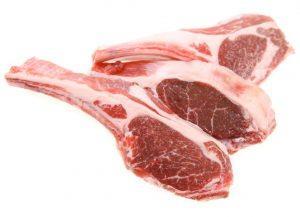The British Veterinary Association (BVA) has joined the Labelling Matters campaign, an initiative calling for mandatory method of production labelling of meat and dairy products across the EU.

A key element of the Labelling Matters campaign is that mandatory method of production labelling must be underpinned by robust welfare outcome safeguards, with on-farm welfare assessments ensuring that high welfare standards are being achieved.
BVA president Sean Wensley commented: “For vets it’s a top priority that the animals we rear for food have a good life and a humane death.
“Research shows that vets are not alone in caring about where their food comes from. Mandatory method of production labelling makes sense on a number of fronts: consumers can be clearly and consistently informed about how the animals reared for their meat and dairy products were kept, with on-farm welfare assessments assuring high standards,” he said.
According to the BVA clear welfare labelling could offer UK food producers and farmers a unique selling point post-Brexit.
Wensley continued: “Mandatory method of production labelling would give unambiguous information to the high numbers of consumers who care about animal welfare when buying meat and dairy products and help ensure market support for British farmers who pride themselves on achieving the highest welfare standards.”
Red Tractor Assurance (RTA) has welcomed the BVA’s support for on-farm welfare assessments and has long been a supporter of pre-slaughter stunning with its Red Tractor logo - which is said to appear on approximately £12 billion worth of food each year including meat and poultry - helping consumers identify food that has been processed humanely.
David Clarke, RTA CEO, however has warned that too many labels could lead to confusion.
“Of course we could go further and invent more label terms for further sub divisions of production systems for different species,” he said. “But we need to be careful not to cross the line where the plethora of different labels becomes so confusing that it ceases to serve a useful purpose.”
This story was originally published on a previous version of the Meat Management website and so there may be some missing images and formatting issues.















